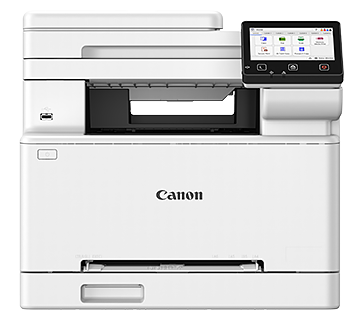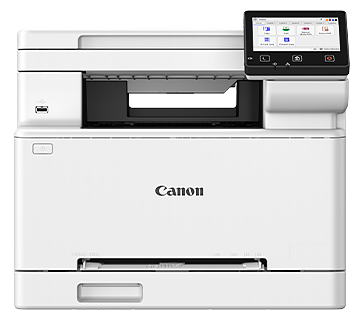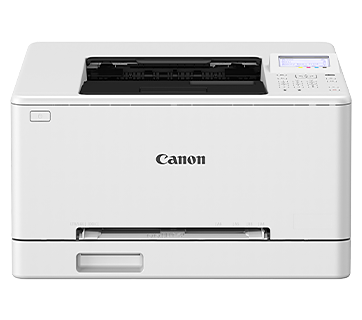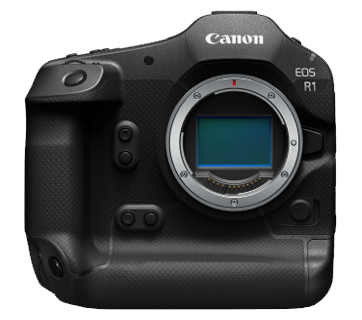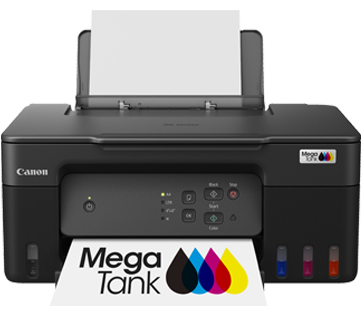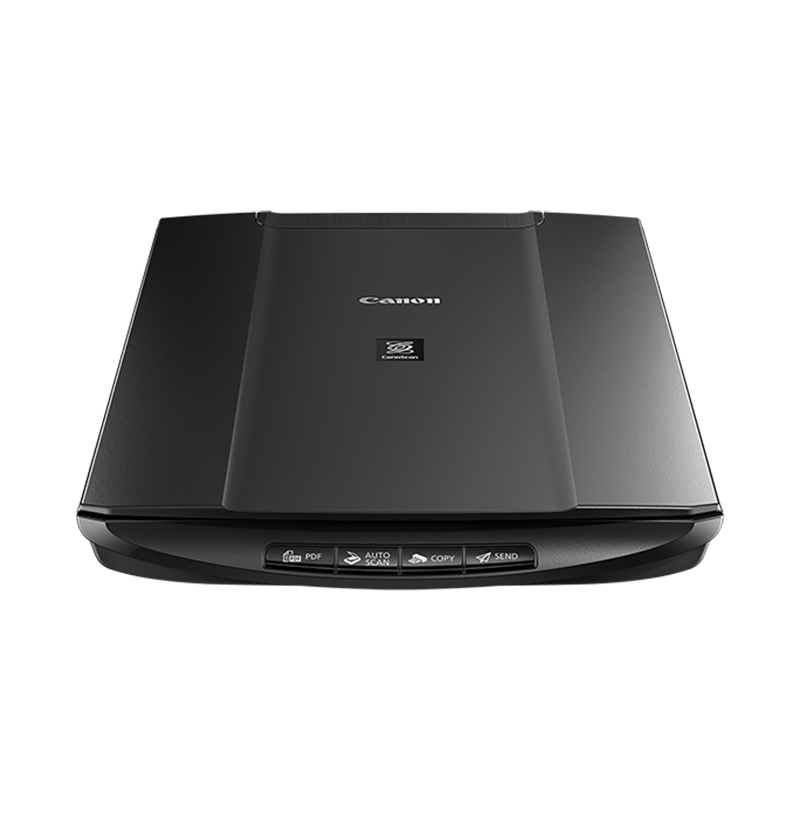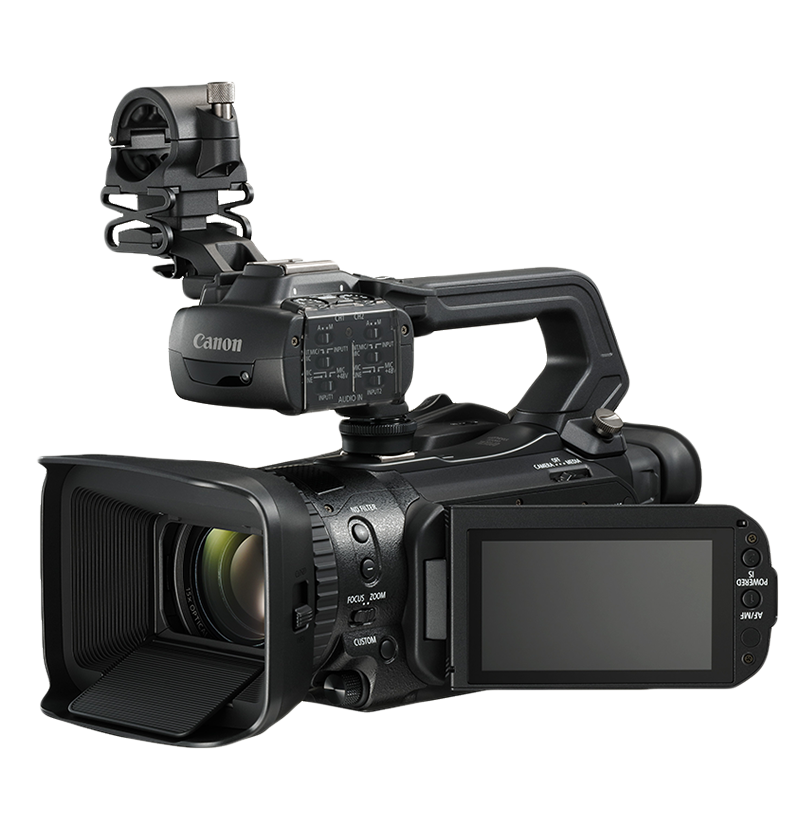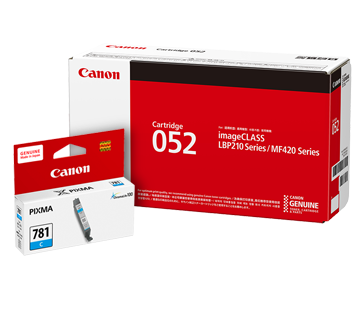Canon Singapore Pte. Ltd. (“Company”)
ANTI-BRIBERY & CORRUPTION POLICY
1.0 PURPOSE & OBJECTIVE
1.1 The Company conducts its business in an honest, ethical and fair manner, free from all aspects of Bribery and Corruption and takes a zero-tolerance approach to Bribery and Corruption.
1.2 This Anti-Bribery and Corruption Policy (“Policy”) has the objective of:
- affirming Company’s zero tolerance stance against Bribery and Corruption;
- representing Company’s commitments towards a Bribery and Corruption-free business;
- setting the tone from the top and promoting Company’s Anti-Bribery and Corruption commitments in its business practices;
- communicating the collective duties, roles and responsibilities of Employees, Directors and Business Associates (to the extent relevant) in detecting, preventing and reporting actual, suspected or attempted Bribery and Corruption; and
- achieving compliance with applicable laws and regulations regarding Bribery and Corruption.
1.3 The Policy provides for Company’s basic principles in preventing and fighting Bribery and Corruption and should be read together with Company’s other related guidelines, processes, procedures and policies.
2.0 SCOPE
This Policy shall apply to all Employees, Directors, and Business Associates of the Company.
3.0 DEFINITIONS & ABBREVIATIONS USED
3.1 Policy means this Anti-Bribery and Corruption Policy.
3.2 Bribery means the offering, promising, giving, agreeing to give, accepting or soliciting of an undue advantage of any value (whereby the advantage could be financial or non-financial), directly or indirectly, and irrespective of location(s), in violation of applicable law, as an inducement or reward for a person acting or refraining from acting in relation to the performance of that person’s duties.
3.3 Business Associates means an external party with whom Company has, or plans to establish some form of business relationship, and can include vendors, suppliers, contractors, agents, consultants, joint venture, joint venture partners, distributors, dealers, resellers, outsourcing providers, sub-contractors, advisors, representatives, intermediaries and investors of Company and where relevant, clients or customers of Company.
3.4 Compliance Function is led by SIA in consultation with Legal.
3.5 Conflict of Interest is where business, financial, family, political or personal interests could interfere with the judgment of persons in carrying out their duties for Company, leading to the interests of Company being undermined or Company being put at a disadvantage.
3.6 Corruption is where a party obtains, attempts to obtain a personal benefit or a business advantage through improper or illegal means. Corruption can be classified as grand, petty and political, depending on the amounts of money lost and the sector where it occurs. Corruption can include Bribery, extortion or kickbacks.
3.7 Directors means members of the Board of Directors (or the equivalent) of Company.
3.8 Employees means the employees of Company.
3.9 Facilitation Payment is an illegal and/or unofficial payment made in return for services that the payer is legally entitled to receive without making such payment.
3.10 FA means the finance/accounting function of Company.
3.11 Family Member means spouse, children, parents, siblings or any other person who has a relationship with the relevant Employee in question in a manner that could influence the impartiality of such Employee in the course of his/her work duties.
3.12 GEHT means gifts, entertainment, hospitality, travel and other benefits.
3.13 HOD means Head of Division.
3.14 HR means Human Resource function of Company.
3.15 LBGM means the Local Board of General Management of Company.
3.16 Legal means the legal function of Company.
3.17 Public Official is a person holding a legislative, administrative or judicial office, whether by appointment, election or succession, or any person exercising a public function, including for a public agency or public enterprise or any official or agent of a public domestic or international organisation, or any candidate for a public office.
3.18 SIA means the strategic internal audit function of Company.
3.19 CEO means the President & CEO of Company.
4.0 ANTI-BRIBERY STATEMENT
4.1 Company has zero tolerance for any form of Bribery or Corruption whether direct or indirect. This is regardless of where such acts are committed, and therefore includes conduct outside of the laws of the country that they conduct business in that may amount to Bribery or Corruption, regardless of whether the conduct is accepted as business practice.
4.2 Employees, Directors and Business Associates are prohibited from soliciting, receiving, procuring, offering, or giving Bribes in any form, and are required to adhere to the laws of the country that they conduct business in.
4. 3 Employees and Directors who are found to be in breach of any applicable laws dealing with Bribery and Corruption, this Policy, or Company’s other applicable policies that directly or indirectly deal with Bribery and Corruption shall be subject to disciplinary action including but not limited to dismissal of employment.
4.4 Business Associates who are found to be in breach of any applicable laws dealing with Bribery and Corruption, this Policy, or Company’s other applicable policies that directly or indirectly deal with Bribery and Corruption shall be subject to appropriate action including but not limited to termination of a business relationship.
5.0 COMPLIANCE FUNCTION
5.1 The Compliance Function shall be responsible for matters relating to Bribery and Corruption in Company.
5.2 The scope of responsibilities of the Compliance Function include:
- investigating, or arranging for the investigation of reports of Bribery or Corruption (including whistleblowing reports);
- escalating to appropriate higher management any Bribery and Corruption issues or concerns;
- monitoring the use and compliance of Anti-Bribery and Corruption policies and procedures by personnel to ensure their understanding and compliance with Company’s stance in their respective roles and functions;
- periodically conducting risk assessments to evaluate, test and improve Anti-Bribery and Corruption processes, policies and procedures;
- working with business functions in Company to promptly resolve, improve and correct any inadequacies with policies and procedures.
- educate and provide advice to Employees regarding Company’s Anti-Bribery policies and procedures;
- arranging any necessary internal and/or external audits over Company’s Anti-Bribery and Corruption framework; and
- assisting to conduct disciplinary proceedings for contraventions of Company’s Anti-Bribery and Corruption policies and procedures in accordance with disciplinary proceedings related policies.
6.0 CONFLICT OF INTEREST
6.1 There is an expectation for Employees, Directors and Business Associates not to act in conflict of Company’s interest when they represent Company in any dealing or transaction.
6.2 Conflicts of Interest is not a form of Corruption. However, it could create the risk of Bribery or Corruption occurring. Therefore, extra precautions should be taken by Employees, Directors and Business Associates to avoid any actual or perceived Conflict of Interest. Employees should declare any actual or potential Conflict of Interest in accordance with the company’s policies, processes and forms. Conflict of Interest that should be declared include where the Employee, Director or Business Associates or their Family Members have a personal or financial interest in a transaction outside of the formal arrangement or agreement with Company.
7.0 FACILITATION PAYMENTS
Facilitation Payments are strictly prohibited.
8.0 GIFTS, ENTERTAINMENT, HOSPITALITY, TRAVEL & OTHER BENEFITS
8.1 The offering, giving or receiving of GEHT must be conducted in line with Company’s related policies and procedures.
8.2 Business Associates should also take care to ensure that they are mindful of Company’s policies and procedures relating to GEHT. This includes where they are giving GEHT to Employees or Directors, and where they are receiving GEHT in their capacity as a Business Associate.
8.3 Care must be taken to ensure that no GEHT is given or received, including to or by Family Members that will or will appear to influence objective and fair business decisions. GEHT that can appear to influence business decisions are often those that are lavish in nature or beyond standard business courtesies.
9.0 DONATIONS & SPONSORSHIPS
9.1 Donations and sponsorships by Company to any party, including for any corporate social responsibility or scholarship in Company’s name shall adhere to the relevant Company policies.
9.2 Generally, the following shall apply:
- There should be a genuine purpose and justification for a donation or sponsorship.
- Relevant approval must be obtained.
- Checks should be conducted to ensure that there is no actual or apparent Conflict of Interest when giving a donation or sponsorship.
- Due diligence should be conducted before a donation or sponsorship is granted to ensure that it is not a form of Bribery. Among the checks that should be conducted are on the identity and reputation of the recipient.
- Verification must be conducted to ensure that contributions are permitted by the relevant laws prior to any donation or sponsorship being made.
- Donations and sponsorships should be reflected in Company’s records, including proof of the event or item sponsored.
9.3 Any suspected or actual issues of concern should be recorded and escalated immediately to the Compliance Function for their further action.
10.0 PAYMENTS & FEES
10.1 Commissions, introducer fees, discounts or other similar payments or benefits shall be based on the terms of conditions for employment with Company, the terms of engagement with a Business Associate and/or or internal policies and procedures (as may be applicable).
10.2 Such payments shall be reflected accurately in records maintained by FA.
10.3 Employees, Directors and Business Associates are prohibited from making any secret profits from their role with Company.
11.0 PROCUREMENT
11.1 Procurement shall be conducted in accordance with Company’s procurement related policy and procedures.
11.2 As part of Company’s controls, the following general principles should be adhered to:
- due diligence should be conducted before a Business Associate is put on the list of approved suppliers to ensure that the most suitable Business Associate is selected, they have appropriate Anti-Bribery and Corruption controls, and there are no convictions or allegations of Bribery or Corruption against the candidate;
- verification and periodic monitoring should be conducted; and
- the procurement process should be conducted in an efficient, transparent, non-biased manner, whereby any persons with a Conflict of Interest should be removed from the selection process.
11.3 For any matter that falls outside the scope of the procurement policy & procedures, appropriate checks should be conducted by the Head of Division and FA to ensure payments are supported by sufficient and relevant documents in the engagement of a Business Associate for the work. Basic checks should be conducted to ensure that the selection is free from Conflict of Interest, the business and service run by the candidate is legitimate, and the candidate is not subject to any allegation or convictions relating to Bribery and Corruption.
12.0 DEALINGS WITH THIRD PARTIES
12.1 Any dealings with any third parties that are external to Company, such as regulatory authorities or Business Associates, must be conducted in a transparent manner, arms-length manner, free from external influence.
12.2 The Business Associate(s), transaction or project should be periodically monitored by the respective business functions in the Company for Bribery and Corruption. Employees should continuously communicate and have engagement sessions with the Business Associates who represent them, particularly to regulatory authorities, and where possible obtain minutes/record/report of the Business Associates correspondences with regulatory authorities.
12.3 To assist with ensuring Company’s compliance with its Anti-Bribery and corruption obligations, Business Associates are expected to cooperate with Company. Business Associates should generally:
- keep accurate and up-to-date minutes and records of their discussions or communications with regulatory authorities and other third parties when representing Company;
- cooperate with any requests for further documents, including of their Anti-Bribery controls;
- read, understand and comply with Company’s policies and procedures relating to Anti-Bribery and Corruption including but not limited to the provision and receipt of GEHT;
- immediately declare any actual or potential Conflict of Interest with Company;
- embody Company’s Anti-Bribery and Corruption stance, values and standards when representing or acting on behalf of Company;
- comply with all laws relating to Bribery and Corruption to the extent they apply to them or Company;
- escalate and immediately disclose any actual, attempted or suspected contraventions of ’s Anti-Bribery and Corruption controls;
- design and build internal safeguards and controls to manage and prevent Bribery and Corruption; and
- communicate Company’s Anti-Bribery and Corruption requirements to their own employees and representatives.
13.0 EMPLOYMENT OR RECRUITMENT
13.1 In managing existing Employees, HR shall ensure that:
- any salaries, bonuses, incentives or benefits are decided in a fair, transparent and independent manner;
- due diligence is conducted before Employees are promoted or transferred to ensure that there is no impropriety; and
- any contraventions of the law, policies, procedures or terms of employment are dealt with transparently.
13.2 Recruitment of Employees is to be conducted in accordance with Company’s policies, internal processes and procedures relating to recruitment, including ensuring:
- background checks are conducted on candidates that they are the most qualified and suitable for the role and have not been involved in any form of Bribery or Corruption;
- independence is maintained in the recruitment process, whereby any Conflict of Interest present in the recruitment process is declared and resolved beforehand; and
- any potential Conflict of Interest or issues in the recruitment of a new Employee is declared, resolved and/or addressed before the person is employed.
14.0 WHISTLEBLOWING & REPORTING BREACHES OF LAW OR BREACHES OF POLICIES AND PROCEDURES
14.1 Any suspected, attempted or actual breaches of this Policy, or of Company’s policies and procedures dealing with Bribery and Corruption should be reported via Company’s confidential reporting line, www.ethicspoint.com.
15.0 OTHER CONTROLS
15.1 Company shall implement both financial controls and non-financial controls in place to detect and prevent Bribery and Corruption from occurring.
15.2 Policies and procedures should capture the following controls:
- the requirement for multiple signatories for certain transactions;
- the separation of duties and approval powers; and
- limits of authority of approval for expenditure.
16.0 TRAINING & COMMUNICATION
Company recognises the importance of ensuring all persons representing them are aware of their stance on Bribery and Corruption as well as their obligations.
16.1 Policies and procedures shall be accessible by Employees and Directors. Employees are required to read and be familiar with the various documents and their amendments.
16.2 Training on Company’s Anti-Bribery policies and procedures shall be conducted periodically.
17.0 MAINTAINING PROPER RECORDS
17.1 Company requires accurate, timely and reliable records to be maintained. Documents in Company shall be maintained by the respective division involved in the function relating to the document, in accordance with any written procedures. Such procedures are to ensure that records are kept in a secure, accurate and accessible manner.
17.2 The following records must be maintained for 7 years or such periods as prescribed in any other Company’s policies or by law, whichever is the longer:
- Anti-Bribery and Corruption policies, processes and procedures;
- agreements and declarations such as Conflict of Interest declarations;
- whistleblowing reports;
- investigation papers;
- Conflict of Interest and Anti-Bribery and Corruption checks;
- training and communication materials and attendance sheets; and
- invoices, receipts, approvals, minutes and documentation regarding payments.
Last Update & Approval: 1 June 2024

